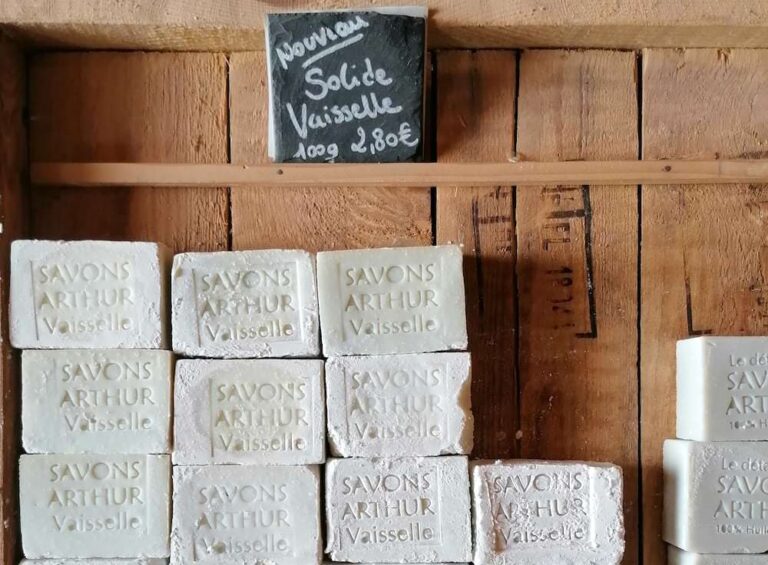dessus vs au-dessus
In French, “dessus” and “au-dessus” both relate to the idea of “above,” but they are used differently. 1. Dessus (noun/adverb) 2. Au-dessus (de) (preposition/adverb) Key difference More examples

In French, “dessus” and “au-dessus” both relate to the idea of “above,” but they are used differently. 1. Dessus (noun/adverb) 2. Au-dessus (de) (preposition/adverb) Key difference More examples

The French phrase “non plus” serves as a negative equivalent to “aussi” (also/too), functioning similarly to the English “neither” or “not… either”. It is exclusively used in negative constructions to indicate that a statement applies equally to someone else. Basic structure “Non plus” typically appears at the end of a negative sentence, following this pattern:Subject…

The French words aussitôt and aussitôt que possible are used to express immediacy or promptness. While they share similarities with English terms like “immediately” and “as soon as possible,” their usage follows specific grammatical patterns in French. 1. “Aussitôt” (immediately, right away) Aussitôt functions as an adverb meaning “immediately” or “right away.” It emphasizes that…

The French causative construction, known as faire causatif, is a grammatical structure used to express that someone causes another person or thing to perform an action. Examples in English are phrases like “I’ll have him do that” or “She’s getting her dress dry cleaned.” It is formed using the verb faire (to make or to…

In French, the word plus can have different meanings depending on whether the final “s” is pronounced or silent. This small pronunciation change can alter the sense of a sentence significantly. When the “s” is pronounced (plus) When the final “s” in plus is pronounced, it generally means “more” or is used in mathematical addition….

These compound relative pronouns provide precision in French, particularly when referring to nouns with prepositions. They agree in gender and number with their antecedents and are essential for formal, written French. 1. Lequel / Laquelle / Lesquels / Lesquelles (Which, That, Whom – After Most Prepositions) Used after prepositions like sur, sous, avec, pour, dans,…

French auxiliary verbs, also known as helper verbs, are used alongside main verbs to express tense, mood, or voice. Some of the most common auxiliary verbs in French include aller, vouloir, devoir, savoir, and pouvoir. These verbs modify the meaning of the main verb and are essential for constructing various grammatical structures. Aller (To Go)…

Demonstrative pronouns in French—celui, celle, ceux, celles—replace specific nouns while indicating gender and number. They correspond to English pronouns like “this one,” “that one,” “these,” and “those.” Unlike demonstrative adjectives (which modify nouns), demonstrative pronouns stand alone, referring to something previously mentioned or implied. Rules for Using French Demonstrative Pronouns Celui – Masculine singular Celle…

French demonstrative adjectives (ce, cet, cette, ces) are used to point out specific nouns and must agree in gender and number. Here’s how they work: 1. Masculine Singular: ce / cet 2. Feminine Singular: cette 3. Plural (Both Genders): ces 4. Adding -ci (here) and -là (there) for Clarity To specify “this one here” or…

In French, adverbs describe how an action is performed. They are often formed from adjectives and usually answer the question how? (comment ?). Most adverbs are formed in a regular way, but there are also special rules and exceptions. Basic Rule: Feminine Form + -ment In most cases, you form an adverb by taking the…